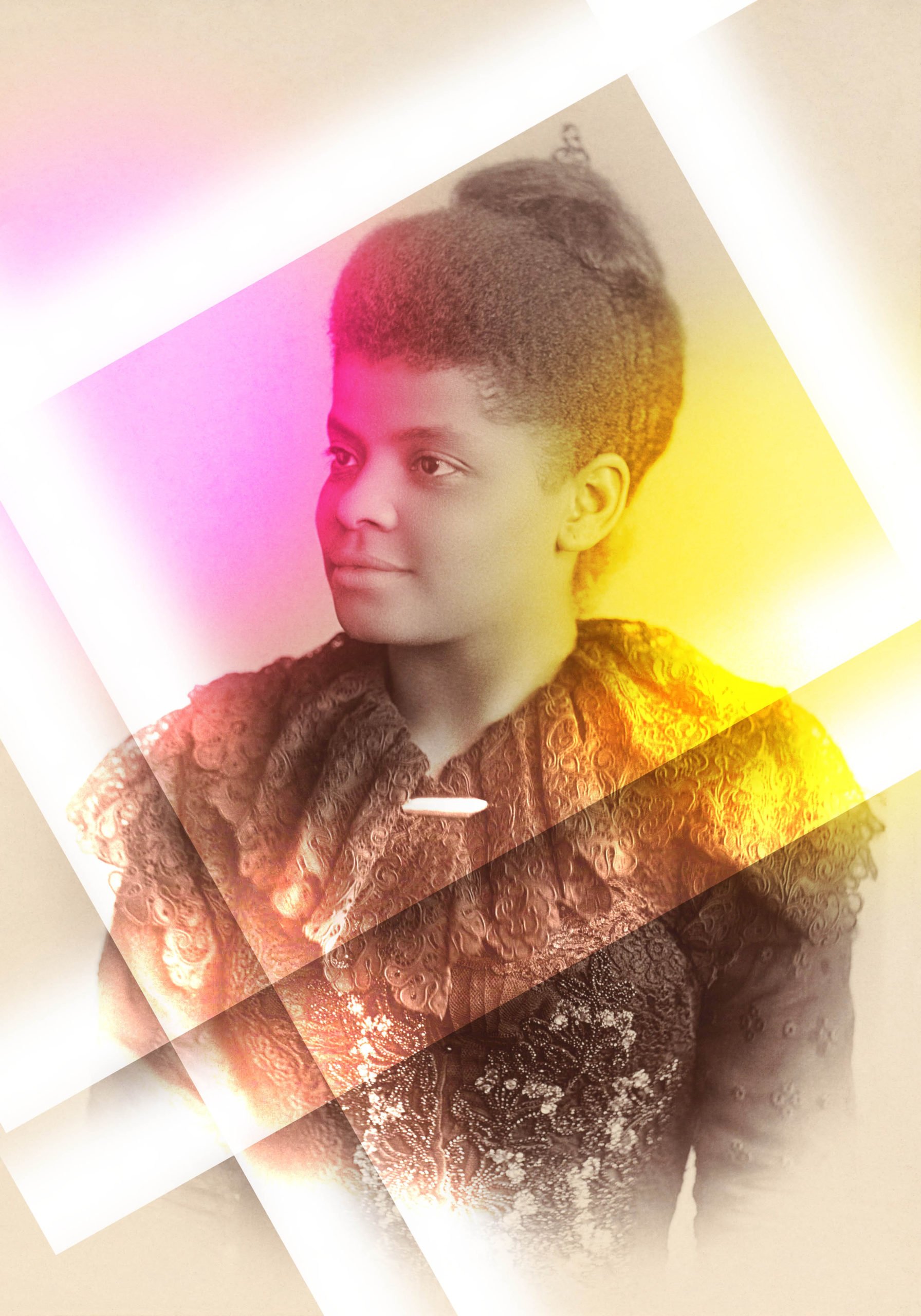Heroes don’t always wear capes; sometimes, they wear long gowns and carry a notebook. That was the case of Ida B. Wells, a journalist, lecturer, and civil rights activist best known for her work on American lynching.
From the late 19th century to the middle of the 20th century, lynching was considered a form of racial terrorism intended to intimidate and control Black Americans, mainly in the South. During this time, thousands of Black people were lynched, often in public and with the participation of large crowds. Lynchings happened in response to rumors or false accusations of crimes committed by Black people, and they were often brutal.
Victims were often hanged, burned alive, or mutilated. The violence was not only directed at the victim but also at the Black community as a whole, serving as a warning to others who might challenge the social and political order.
The Long-Term Effect Of Lynching
The lynching of African Americans had a profound and long-lasting impact on Black communities and the nation. The psychological effects of lynching on Black people were devastating. The fear of being attacked and killed by lynch mobs was pervasive in many Black communities, causing widespread trauma and anxiety. This fear was often passed down from generation to generation, becoming a part of the cultural memory of Black Americans.
All Talk, Little Action?
The legacy of lynching and its impact on Black communities continues to be felt today. Despite numerous efforts to curb this practice, it continued for many decades, with little intervention from law enforcement or the government. This lack of action sent a message to Black people that their lives were considered dispensable and that they could be attacked and killed with impunity. The failure of the justice system to hold lynchers accountable contributed to a climate of fear and oppression for Black Americans.
The Anti-Lynching Journalist Who Risked It All
The anti-lynching activism of people like Ida B. Wells helped to bring attention to the problem of lynching and galvanized the early Civil Rights Movement. She was a fierce critic of the practice of lynching, and thanks to her reports, there was an international awareness of the inhumane practice of lynching.
Her activism put her in danger, and she was forced to flee the South after being threatened for her work. She continued to fight for justice, traveling throughout the country and speaking out against lynching and segregation.
Wells’ legacy as a fearless journalist and civil rights leader inspire and influences generations. A true trailblazer who risked her life to fight for the rights of African Americans at a time when doing so was extremely dangerous.
Become a BYP Leader
Are you a young Black professional looking to make a difference in your community? Do you seek to accelerate your professional and personal development and change the status quo? BY-Peers is a network of Black professionals connecting to lead and grow their careers. We are excited to meet the new change-makers of today. Don’t wait to become a Chief Activator or join a BY-Peer city or professional group.






